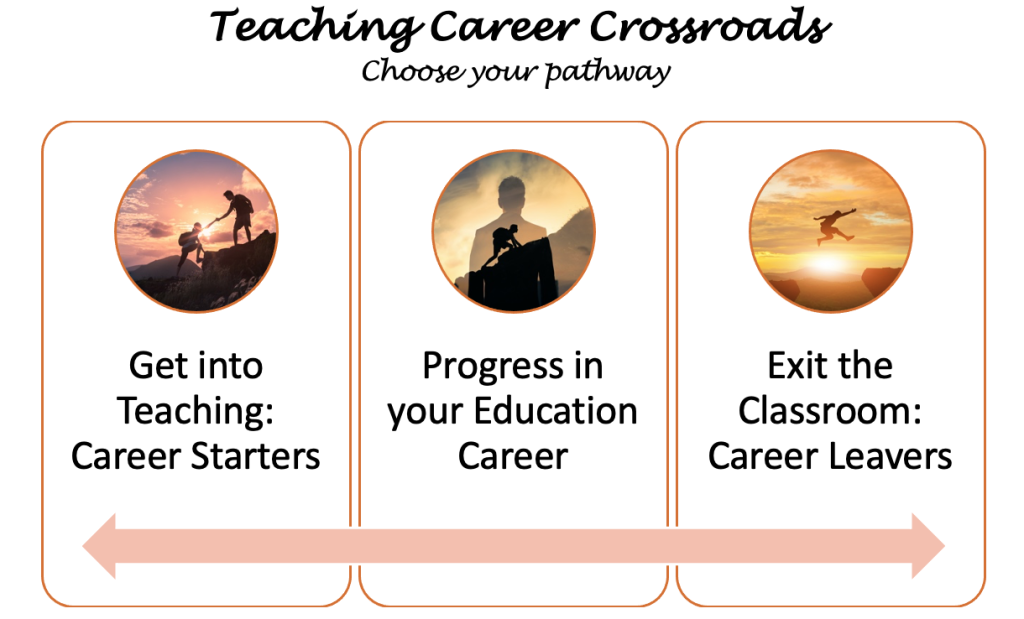This is what you need to know.
With obvious cross-over of skills, it is easy to see why many teachers looking to leave education are drawn to the idea of being a life coach.
Indeed, there are many positives:
- Life coaching helps people.
- It uses teachers’ ability to coach.
- It is not regulated, so you don’t have to retrain (though it’s wise to)
- It is a role that can be done from home and flexible hours to suit.
It ticks almost all the boxes a teacher would hope from a fulfilling career.
However, it is not all plain sailing. There are decisions to make that may seem insignificant but are in fact the difference between “making it’ or not.
First, are you going to be self-employed or try to find an employer?
The first hurdle is that as far as pure life coaching is concerned, there are very few steady roles available, so you may have to ditch the idea of being a life coach and branch into a sub-section such as life skills coach, which is not quite the same thing.
It is also quite likely that the salary is not going to be a match for the skills you have as a professional if you are looking for steady employment.
So, what about being self-employed?
Brilliant. No boss. You can decide when, who and what you choose to do as a life coach.
If you go this route, you will need to decide exactly what type of life coach to be. You will also need to set up your own business – and this takes time, lots of energy, investment and unstable earnings.
Don’t get me wrong – as a life coach, you can far exceed your earnings as a teacher and live a totally flexible working lifestyle.
But like all entrepreneurs, don’t expect to be handed success on a plate. There will be a lot of falls, a lot of fails – but for those daring and determined enough, there will be huge satisfaction of growing your own business brand and making it a success.
Want to learn more?
Work with me.
#LiveDaringDreams

